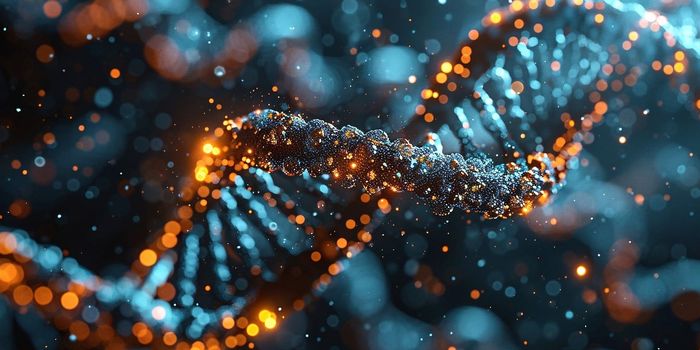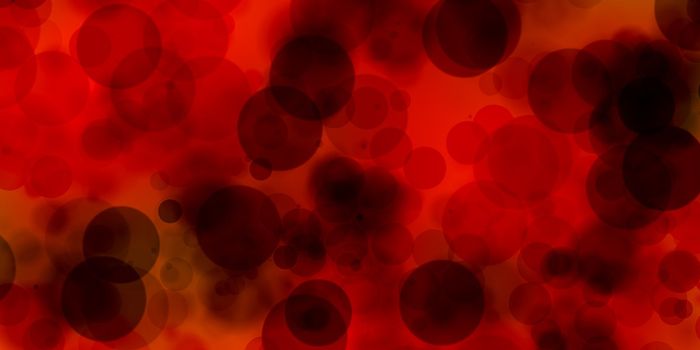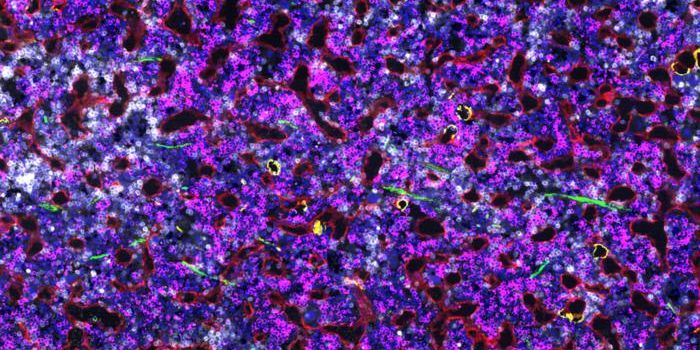Leukemia Stunted into Remission via Fasting
The newest leukemia research findings suggest that intermittent fasting may literally starve the cancer cells too. The study, by the University of Texas Southwestern Medical Center, explores different pathways by which acute lymphoblastic leukemia may be targeted more successfully.
Though considered a rare disease, acute lymphoblastic leukemia (ALL) is the most common form of childhood cancer, peaking in early childhood between the ages of 2 and 4. The cancer involves the overproduction of immature white blood cells in the bone marrow. These cancerous cells invade the blood and other organ systems, causing massive cell death and damage in a short amount of time.
Fortunately, doctors have an arsenal of weapons that are effective against ALL. These include radiation therapy, bone marrow transplantation, and chemotherapy agents like methotrexate, vincristine, and cytarabine. With treatment, the 5-year survival rate for the majority of ALL patients is 70 percent. However, remission isn’t a sustained outcome in 15 to 20 percent of children in whom the cancer makes a dreaded comeback.
Based on previous research that suggests fasting may augment chemotherapy outcome, researchers at UT Southwestern decided to investigate this line of treatment in several mouse models of ALL. The mice received either normal feeding or were subject to a dietary restriction consistent with intermittent fasting.
"Strikingly, we found that in models of ALL, a regimen consisting of six cycles of 1 day of fasting followed by 1 day of feeding completely inhibited cancer development," reported Chengcheng Zhang, associate professor at UT Southwestern, and the study’s lead author.
Within 7 weeks on the fasting diet, the mice had undetectable levels of leukemia cells in the bone marrow and spleen, a promising sign of disease remission. By contrast, mice on the normal diet regimen contained nearly 70 percent of cancerous cells in the affected organs.
"Although initially cancerous, the few fluorescent cells that remained in the fasted mice after 7 weeks appeared to behave like normal cells. Mice in the ALL model group that ate normally died within 59 days, while 75 percent of the fasted mice survived more than 120 days without signs of leukemia,” reported Zhang.
The exact mechanism behind this effect is yet to be fully understood. However, Zhang’s team suspect it involves leptin, a “satiety hormone” released to inhibit the hunger sensation. "We found that fasting decreased the levels of leptin circulating in the bloodstream as well as decreased the leptin levels in the bone marrow," said Zhang. "These effects became more pronounced with repeated cycles of fasting," he adds. "After fasting, the rate at which the leptin levels recovered seemed to correspond to the rate at which the cancerous ALL cells were cleared from the blood."
While the results have big implications for leukemia research and treatment, fasting as a treatment for ALL has still yet to be tested in human clinical trials. And until such trial delivers the same promising results, patients or caretakers should not yet consider fasting as a treatment plan.
Additional sources: MNT









